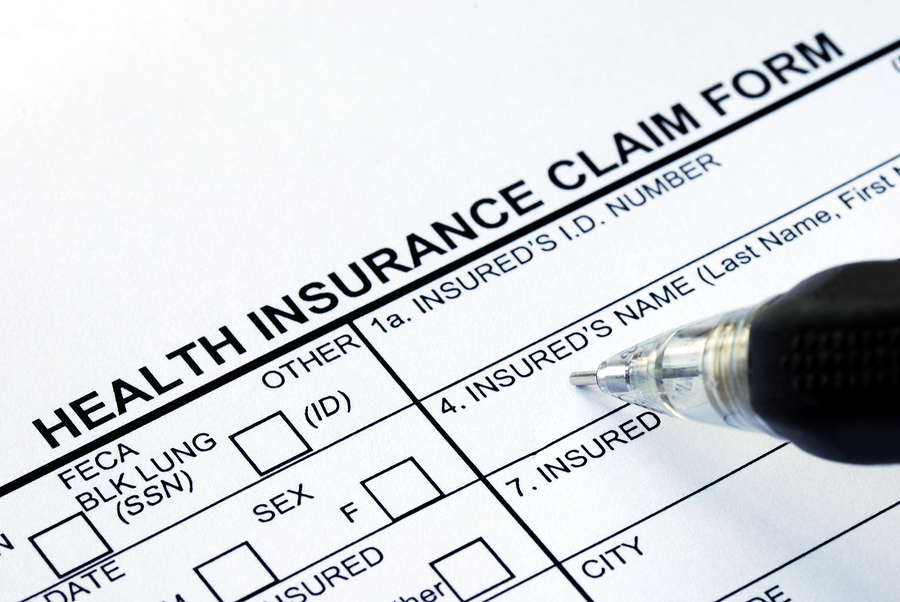Got a Surprise Medical Bill? Complaining About It Usually Pays Off
/By Erin Duffy
What do you do when you disagree with or can’t afford a medical bill?
Many Americans struggle to pay medical bills, avoid care because of cost worries or forgo other needs due to health care cost burdens.
It can be hard to understand what you’re being charged for on a medical bill. I’m a health policy and economics researcher who studies insurance and out-of-pocket health care expenses, and even I sit at my kitchen table trying to wrap my head around bills and explanations of benefits.
In my newly published research, I surveyed a nationally representative sample of 1,135 American adults – a subset of participants from the University of Southern California’s Understanding America Study – to find out how they handle troubling medical bills. I learned that advocating for yourself can pay off when it comes to medical bills, and you may be missing out on financial relief when you don’t pick up the phone.
Squeaky Wheel Gets the Grease
My team and I found that 1 in 5 patients had received a health care bill in the prior year that they disagreed with or couldn’t afford. Nearly 35% of the bills came from doctor’s offices, nearly 20% from emergency rooms or urgent care and over 15% from hospitals. Other sources of bills included labs, imaging centers and dental offices.
A little over 61% of respondents contacted the billing office about a troubling bill, but 2 in 5 did not. Why not? About 86% of patients said they did not think it would make a difference.
But reaching out got results. Nearly 76% of patients who reached out got financial relief for an unaffordable bill. Nearly 74% who spoke up about a potential billing mistake received bill corrections. For those who negotiated their bills, nearly 62% saw a price drop.
Additionally, 18% of patients who reached out got a better understanding of their bill, 16% set up payment plans and a little over 7% got the bill canceled altogether. Nearly 22% said their issue was unresolved, and 24% reported no change.
The majority of people who reached out about their medical bills reported that it took less than one hour to handle their issue.
Grumpy Extroverts Get Results
We found that people with a more extroverted and less agreeable personality – based on the Big Five Personality Test – were more likely to reach out about a medical bill. People without a college degree, with lower financial literacy or with no health insurance were less likely to reach out to a billing office.
Differences in who does and doesn’t call about a medical bill may be exacerbating inequalities in how much people end up paying for health care and who has medical debt.
Many Americans are in health plans with high out-of-pocket cost sharing, including high-deductible plans. This so-called consumer-directed health care paradigm is intended to motivate consumers to be more cost-conscious when seeking care and navigating their bills. But by design, it puts the burden on patients to deal with billing issues.
Another recent study my team and I conducted found that 87% of U.S. hospitals offer their own payment plans, but only 22% of these put plan details on their websites. You have to call for more information.
In another recent study, my team called hospitals as “secret shoppers” planning an elective knee surgery. We sought information critical to assessing affordability: financial assistance, payment plans and payment timing options. While the information was often available, it was hard to access. We couldn’t reach a representative with information at about 18% of hospitals, even after calling on three different days. We were typically directed to three different offices to get all the information we wanted.
Policymakers have made strides in price transparency in recent years. For example, hospitals are required to post prices for their products and services. Practices and policies that further reduce the administrative burden of accessing aid and navigating troubling bills.
Pick Up the Phone
Patients who make the call are benefiting when it comes to medical bills.
A colleague who knew I was working on this study asked me for advice about a $425 bill her household had received for a lab test at an urgent care center. The bill seemed inflated and unfair, forcing an unexpected stretch to her budget.
I told her it was worth a call to the billing office to express her feelings about the bill and see whether any adjustments could be made to the amount owed or the timing of payment.
It was worth the call. The billing office representative offered three options on the spot:
a.) a payment plan, b.) a prompt payment of $126 paid immediately over the phone to settle the account, or c.) financial assistance if eligible based on income.
My colleague chose option b and paid less than one-third of the original bill amount.
The next time you get a medical bill that troubles you, pick up the phone or ask a disagreeable extrovert to make the call for you.
Erin L. Duffy, PhD, is a research scientist and the Director of Research Training at the USC Schaeffer Center for Health Policy and Economics. Her research explores cost-drivers, market failures, and patients’ financial liability in the U.S. healthcare system.
This article originally appeared in The Conversation and is republished with permission.







